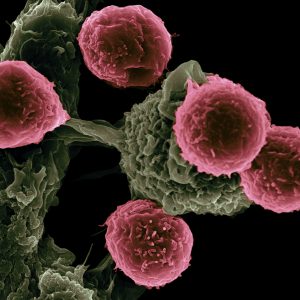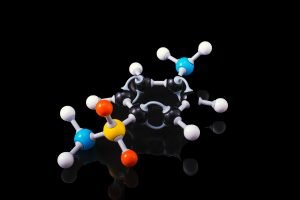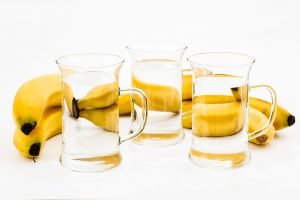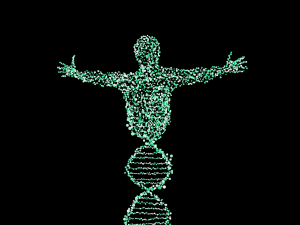NEET
-


CBSE Class 11th The Plant Kingdom
January 31st, 2021 by Admin ProductWhittaker, a scientist, proposed a Five Kingdom classification for all living organisms dividing them into: Monera, Protista, Fungi, Animalia and Plantae. In Plantae, the species are subdivided into Algae, Bryophytes, Pteridophytes, Gymnosperms and Angiosperms. The classification of plants was done on the basis of their physical characteristics, called the artificial system. Later, natural classifical systems […]
-


CBSE Class 12th Introduction to Biotechnology
January 20th, 2021 by Admin ProductWhat is Biotechnology? The European Federation of Biotechnology explains Biotechnology as “The integration of natural science and organisms, cells, parts thereof, and molecular analogues for products and services”. The two techniques involved in modern biotechnology are: Genetic Engineering : Changing the phenotype of the host organism by introducing the DNA and RNA of foreign organism. […]
-


CBSE Class 10th & 12th Structural Isomers
January 13th, 2021 by Admin ProductIn actual form, a lot many molecules are aligned differently than what appears to be the case from their chemical formulae. These are the compounds that have the same molecular formula but different molecular structure. Theoretically, all the compounds can have structural isomers. This phenomenon is also known as isomorphism. Usually, the isomers have a […]
-


CBSE Class 10th &12th Human Eye Structure
January 12th, 2021 by Admin ProductWe are able to see the objects through the reflection, refraction of light. The human eye has a natural lens which allows the light to enter and the images to form. Like a regular pair of spectacles, our eyes also use a lens to adjust the focus and produce clear images. But have you ever […]
-


CBSE Class 12th IUPAC Nomenclature – Basics
January 9th, 2021 by Admin ProductIUPAC stands for “International Union of Pure and Applied Chemistry” and is a dedicated organization towards the promotion, research and development of the subject and applied matters of chemistry. Their nomenclature on the naming convention of organic chemical compounds is universally accepted and followed. The increasingly large number of organic compounds identified with each passing […]
-


CBSE Class 10th Refraction
January 6th, 2021 by Admin ProductRefraction is the phenomenon of bending of light when it travels in an oblique direction between two mediums of varying densities. Medium is the channel through which light passes. It can be air, water, glass, kerosene, etc. The difference in densities of two mediums causes the speed of light to change which causes bending of […]
-


CBSE Class 12th Dominant, Inheritance of Two Genes
January 5th, 2021 by Admin ProductWe have read Mendel’s Laws of Inheritance in sexually reproducing organisms through his experiments and observations of the garden pea-plant. The crossing of Filial Generation proved to Mendel that genes which carry information for a particular trait, can be dominant and recessive and the dominant gene is the one which expresses its characteristic in the […]
-


CBSE Class 12th Laws of Inheritance
January 4th, 2021 by Admin Product“Inheritance” means acquiring character traits by an offspring from its Parent. According to Mendel’s Laws of Inheritance, this process takes place in sexually-reproducing organisms. He conducted Hybridisation of the pea-plant to observe how inheritance occurs in a garden pea plant. Major Conclusions of Mendel’s Experiment: 1. Statistical analysis done on a large quantity (14 varieties […]
-


NEET (UG) – All You Need To Know!
December 19th, 2020 by Admin ProductWith the changing scenarios in education, the demand of the necessary skill-set and a general need to continuously update the screening process, the All India Pre-Medical Test (AIPMT) was renamed to NEET with multiple changes in the exam. NEET is the National Eligibility cum Entrance Test held at both Undergraduate and Postgraduate levels for various […]

